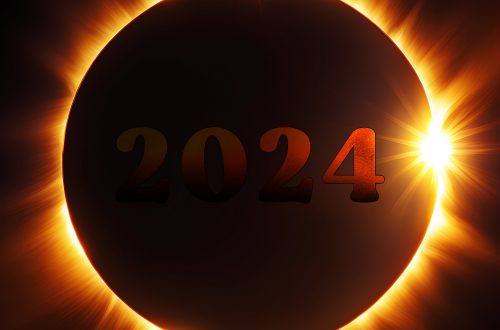This is a guest post by Michael Ezra.
The John Birch Society, founded in 1958, saw Communists wherever they looked. They denounced the United States Supreme Court as “one of the most important agencies of Communism.” The Federal Reserve system was excoriated as a “realization” of the clause in the Communist Manifesto which calls for “Centralisation of credit in the hands of the state, by means of a national bank with State capital and an exclusive monopoly.” Whether it was the press, trade unions, schools or even the halls of Congress, the JBS saw Communist influence. Robert Welch, the founder of the JBS, had no doubts that President Eisenhower was “a dedicated, conscious agent of the Communist conspiracy.” Other Presidents were not let off the hook. According to Welch, both President Roosevelt and President Truman were part of the Communist conspiracy and so were CIA Director Allen Dulles and Secretary of State John Foster Dulles.
Why do I mention this? The answer is because the ability of Welch and his followers to denounce anybody and any organisation as Communist comes to mind when I think of David Miller and his website, Neocon Europe. Whereas everywhere Welch looked, he saw Communists, everywhere Miller looks he sees neoconservatives.
Neocon Europe claim that their website is:
designed to help people find out more about the Neoconservative networks operating in Europe. It is an attempt to monitor and publicise the sometime covert and not always visible activities of Neoconservatives attempting to internationalise their movement.
Those of us who have followed the Recent Changes section of their website in the last few months will have noted that those behind it spend an inordinate amount of time worrying about this blog. Indeed, at the time of writing, after their own main page, their page for Harry’s Place is their most popular. Despite the aim of this blog being “to provide an open forum for the democratic, secular, anti-fascist, liberal, anti-totalitarian left and – via the comments boxes — a space for our opponents (and friends) to answer back,” Neocon Europe view that Harry’s Place is one of a number of “neoconservative initiatives.”
Their information and sources leave something to be desired. For example, deemed worthy for a long quotation about this site is Mark Elf, a man who recently realised his five year long ambition to become a minicab driver. Another website that is deemed worthy of those at Neocon Europe to spend a copious amount of time researching is that of The Spittoon, a blog which says of itself:
The Spittoon is a blog venue for the views and ideas of a group of writers and activists who oppose religious supremacism and clerical fascism in all its various stripes and denominations….. The Spittoon is committed to the principles of liberal democracy, a pluralist, non-sectarian society and the protection of universal Enlightenment values, human rights and secularism.
This is not neoconservative. In fact, contrary to the commitment of The Spittoon, conservatives tend to support institutionalised religion over secularism. Such details do not stop Neocon Europe doing it all it can to link The Spittoon with the neoconservative tag. They argue that the output of The Spittoon in May of this year, the month of their analysis, that the website criticises Muslim groups that The Spittoon determine “radical” or “extremist” but does not “criticise the actions of the Israeli government.” Moreover, “the posts make no criticism of the invasion and occupation of Iraq and Afghanistan by the British and US Governments.” Worthy of mention by Neocon Europe is that not only does Harry’s Place link to The Spittoon but also the fact that other websites that link to The Spittoon also link to Harry’s Place.
The term “neoconservative” can be traced back to mean “someone with a new variant of conservatism or a former leftist who had moved right.” Alternatively, as Irving Kristol famously put it, a neonconservative was “a liberal who has been mugged by reality.” Prima facie, Neocon Europe accept this latter definition as they place it on the front page of their web site, but in practice it seems that they use a different definition. It would appear, through analysing some of the websites popular pages, that according to those behind Neocon Europe, a neoconservative is any person or organisation that is involved in any form of political discussion that fulfil one or more of the following criteria:
1. They criticise radical Islamist people or groups.
2. They support closer ties between Europe and America.
3. They do not criticise the wars in Afghanistan or Iraq.
4. They are critical of Saddam Hussein.
5. They offer support for Israel.
6. They do not criticise Israel.
7. They believe that the spread of liberal democracy is a positive thing.
8. They once metPaul Wolfowitz.
9. Paul Wolfowitz once visited their institution.
10. They express anti-Communist views.
11. They once donated money to Boris Johnson’s mayoral campaign.
12. Their website links to Harry’s Place.


